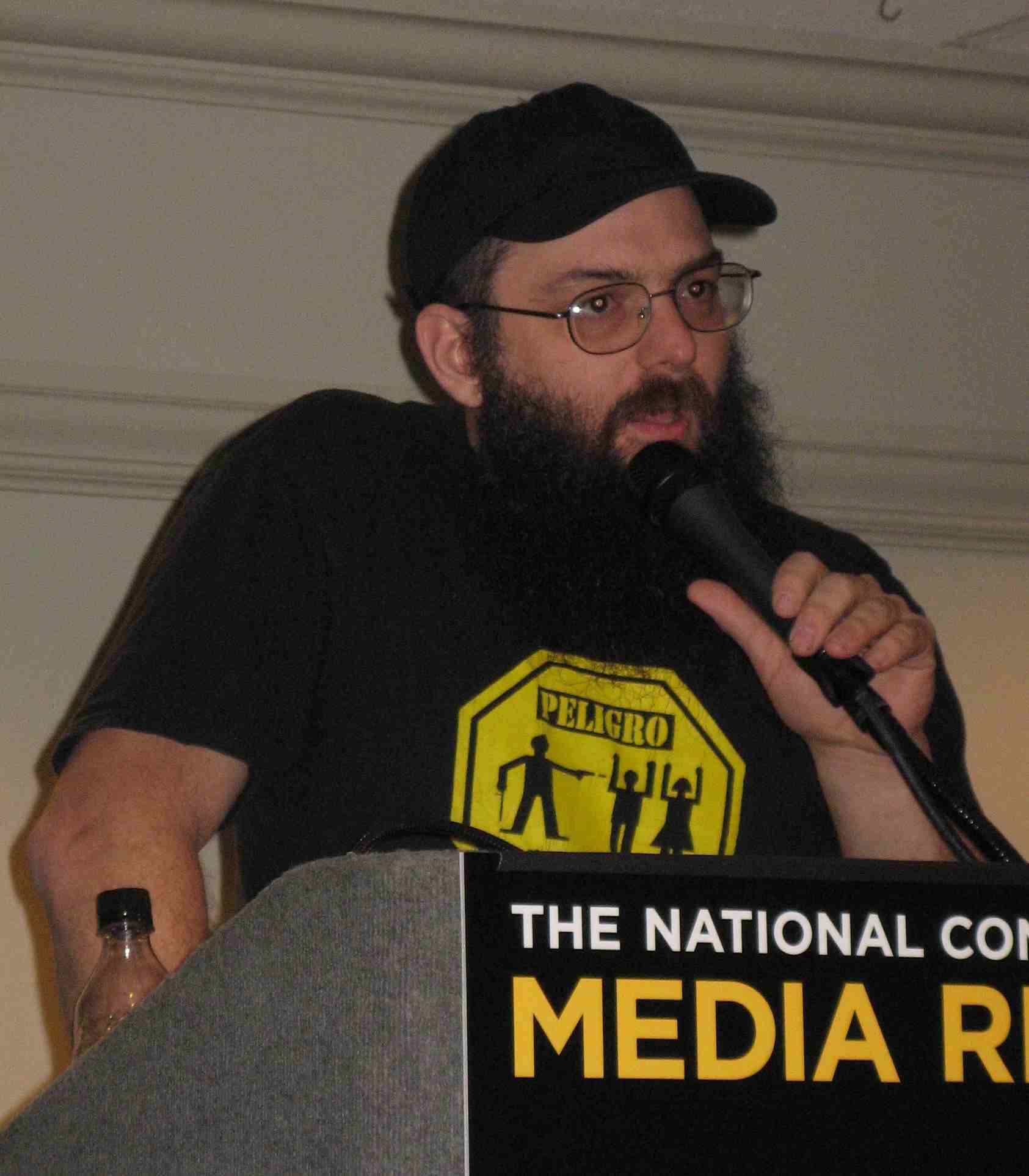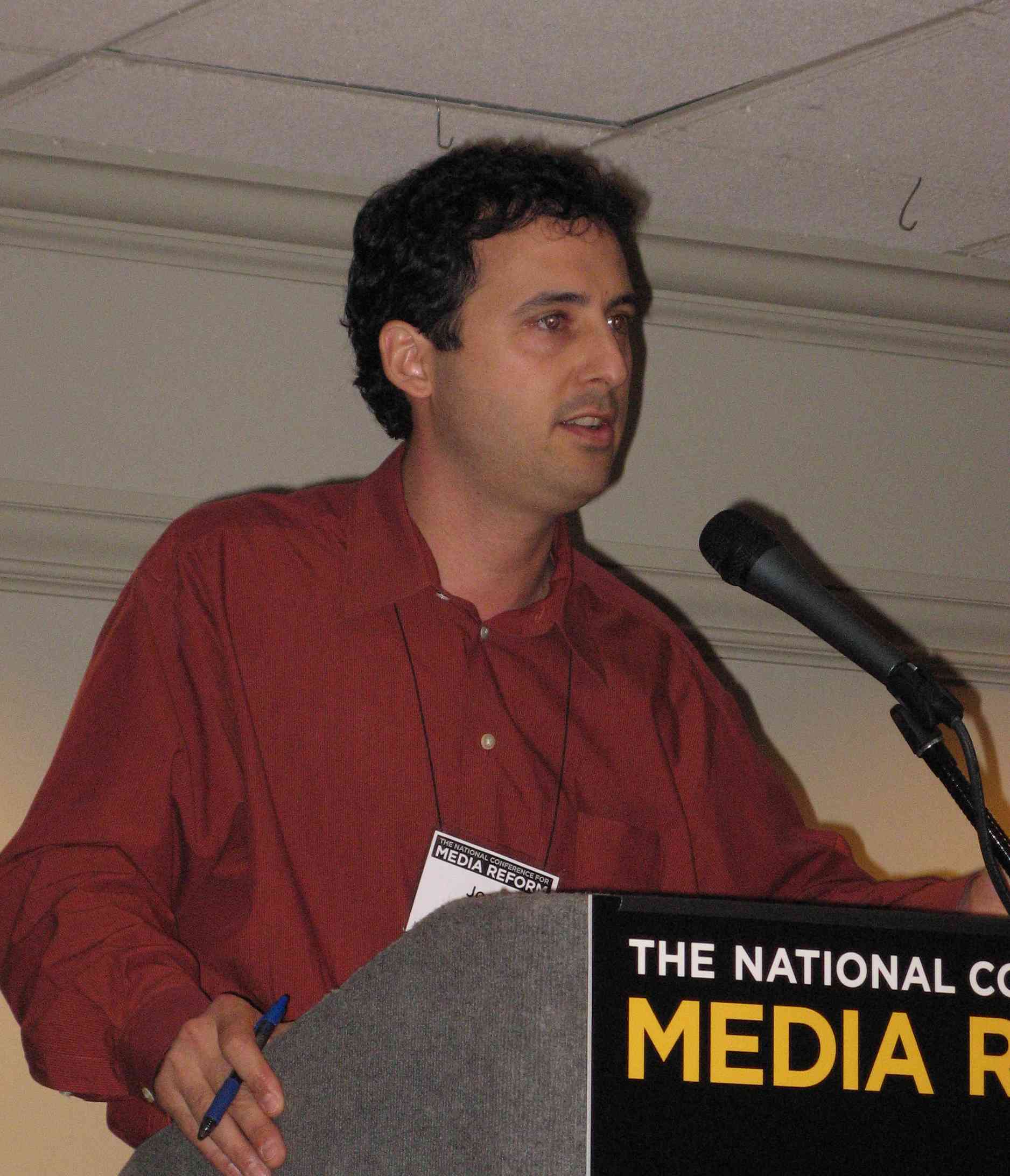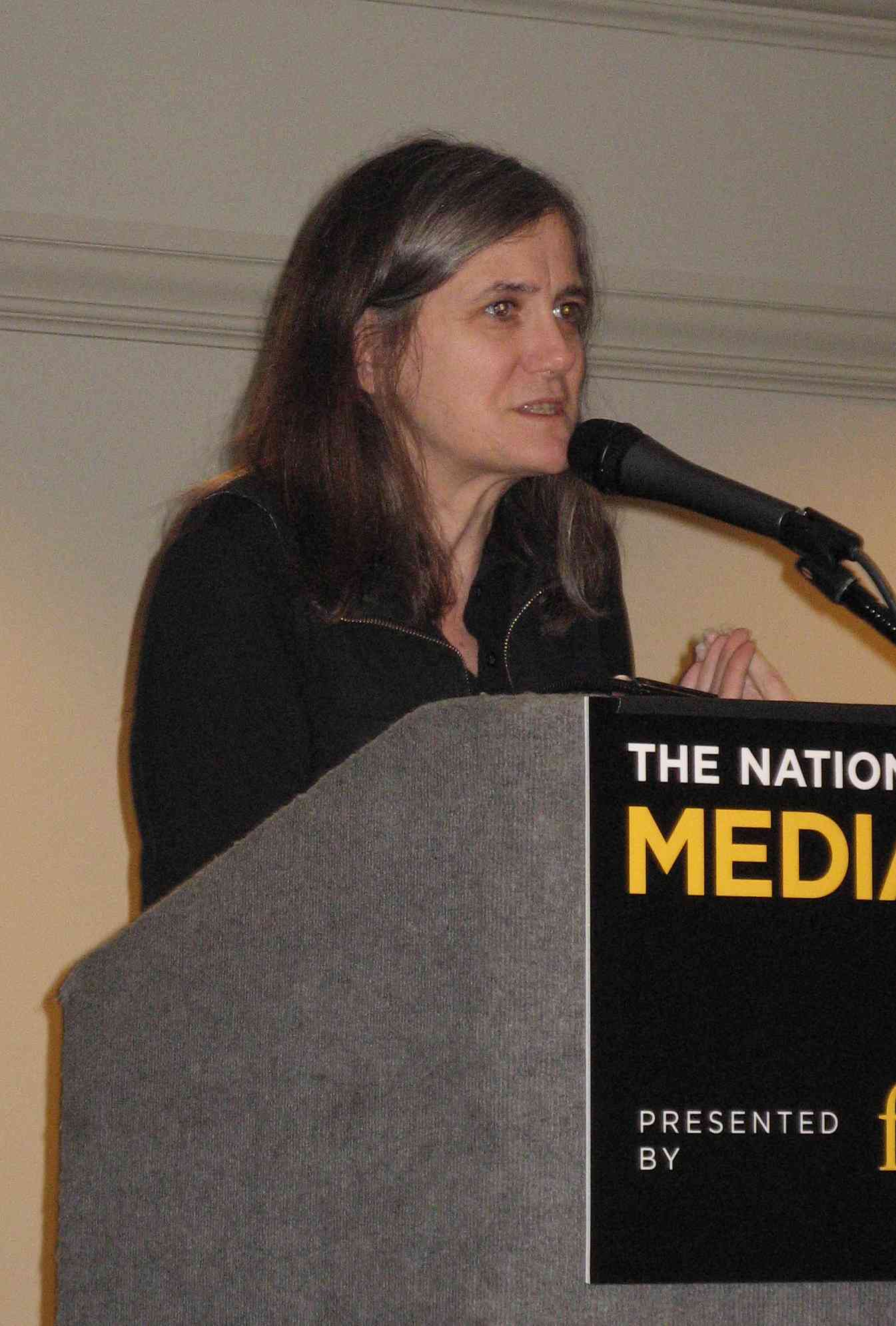I’m reporting again from Memphis, where I am attending the National Conference for Media Reform sponsored by Free Press.
This morning, I attended a panel discussion entitled “Fighting for Air: The Battle to Control America’s Media. The panel was headed by Eric Klinenberg, who teaches sociology at New York University. He is also the author of Fighting for Air: the Battle to Control America’s Media (2007).
Klinenberg indicated that we have been experiencing decades of deregulation in the media industry and we’re now paying for it. To those who attended this conference, however, he asked whether they remembered the moment when they figured out that they did not have to accept the toxic misleading filtered version of the media that they had been getting. He asked them if they remembered that moment when they realized that they could do something about this problem, about this media that has become “a war-mongering media.”
Large corporations are striving to finish the job of taking over the media. They are trying to take over the entire media system and to “plunder” it for their own profits. How bad have things gotten? Klinenberg states that he can’t find a single person who is more pleased with the media today than he or she was 10 years ago. No one he asks tells him that “after that newspaper chain took over, I learned so much more about my community.”
Pete Tridish of Prometheus radio was the first speaker. Prometheus is handing out flyers containing this headline:
Can you do a better job than big media? Now is your chance to get your own radio station!
This flyer pertains to an unusual event. The FCC will be handing out free powerful radio licenses to not-for-profit groups in the United States in the spring. Pete’s project also includes low-power community radio, however. To learn more about either of these projects, go to the site of Prometheus radio.
Pete is an unusual hero, in that he came out of nowhere (with regard to the media world) to be an effective spokesperson for an extremely important issue. He was working as a carpenter when it occurred to him (and to some of his fellow activists), that they needed to build their own radio station. He strongly belived that radio stations should be for anyone who has something to say that is not getting aired. For instance, Clear Channel has 1200 stations, but regular people cannot have any stations like that nor readily get significant time on those stations.

Pete started his pirate radio station in Philadelphia about seven years ago. He and his friends soldered together the electronics and eventually came up with a working radio station that could broadcast with a range of a few miles. His friends joined in and eventually they had 80 shows running on his “pirate radio station.”
Eventually, the FCC announced that it was going to shut them down. After those who were engaged in this enterprise talked it over, they decided to issue an ultimatum to the FCC to “bust us at noon in front of Ben Franklin’s printing press.” The FCC did not show up. The pirate station continued on the air. Prometheus then started a campaign to ask the FCC to issue community radio licenses. The FCC received a record (a record at that time) 3500 comments supporting this issue. The FCC actually changed its rules in 2000 to allow community radio.
Prometheus helped people by showing them how to create their physical own radio station (all the soldering) and showing them how to fill out government forms. “A kiss is to love as a form is to the government.”
It wasn’t long after that, however, that a Congressional bill rider prohibited all of the urban markets for community radio. This wiped out 75% of the community radio stations established by Prometheus. The group is now fighting to get a bill passed to undo this damage, to allow low-power stations back into urban areas. In other words, they are attempting to undo the Congressional rider.
Community radio is an important project in the United States and elsewhere. In Venezuela, for instance, promoters of community radio don’t talk about unlicensed stations. Instead, “they talk about licensed and not-yet-licensed stations.”
How important is it to have a voice over the airwaves? Conservative groups know this. For instance, the average donation to a Christian right radio station is $280. The average donation to public radio is $90.
Betty Yu was the next speaker. Yu is a community-based media maker, educator and organizer. Currently, she works as a community outreach media specialist with Manhattan Neighborhood Network (MNN). Yu warned of the creeping corporate encroachment on the public media. If not stopped, this will shut out people and deny the public airwaves to the public. Her efforts have led to successes detailed at www.publicaccess.org. Those successes include fighting for broadband for lower income communities and working with communities to help them gain access to media to “give voices to them.”
Josh Silver spoke on behalf of freepress.net, the organizer of this conference (Josh was a co-founder of Free Press along with Robert McChesney and John Nichols in 2002). As one of his starting points, he reminded the audience that the vast majority of Americans get their information from local commercial consolidated corporate media.
He reminded the audience that conservatives do have common concerns with liberals on media issues. For instance, all people want to see local media empowered.

Silver mentioned that blogs are great, but not enough. The real hope lies with the Internet. “All media other than newspapers will be delivered by broadband in a few years.” In past decades, the people have lost their ability to have true access to radio, TV and cable TV. He reminded the audience of the high-stakes: “if we win, every single website can become a TV station or a radio station.”
Silver warned of infringements on net neutrality, attempts to restrict important uses of the Internet by individuals.
Amy Goodman was the final speaker of this panel. Amy is the host and executive producer of Democracy Now. Amy insisted that the people’s interests can be heard, if we all work together.
An important part of project is to obtain the news “on the ground.” An example of the difficulty doing this occurred during the meetings of the WTO in Seattle, where the mainstream media was content to report that nothing was going on, while protesters were being shot with rubber bullets. Goodman commented that all you had to do to prove this assault was to go to the site of the demonstrations and scoop up handfuls of rubber bullets that you’d find on the street. While the demonstrators were getting pummeled, the mainstream media was busy showing pictures of the dignitaries as they arrived at the airport. The protesters were “gasping for air” (airtime). That silence eventually changed, when the television reporters, themselves, started getting gassed.

Goodman spoke eloquently of the power of the independent media. Independent media gives us “the pride of a different perspective from the ground, that shows things how they really are.” She advocated that we put the public back into public TV and public radio, “to get more of these voices from all over.” It is our job together “to break the silence, especially in a time of war. To do otherwise is to allow “the lie that takes lives.

